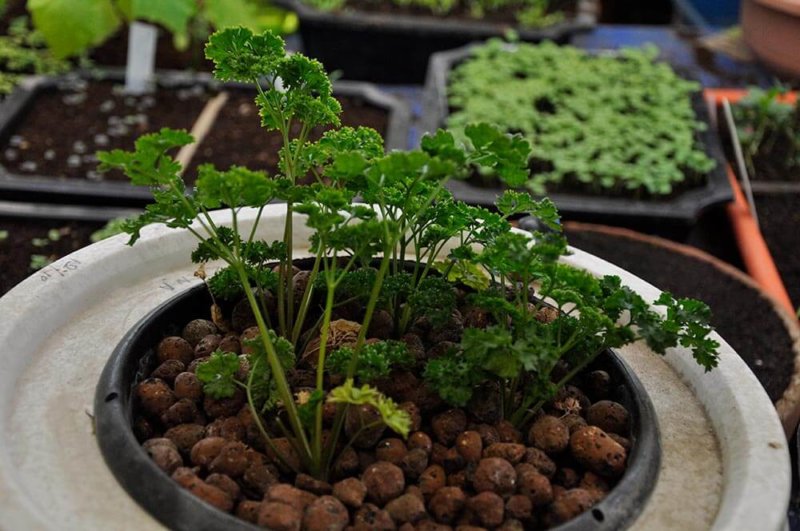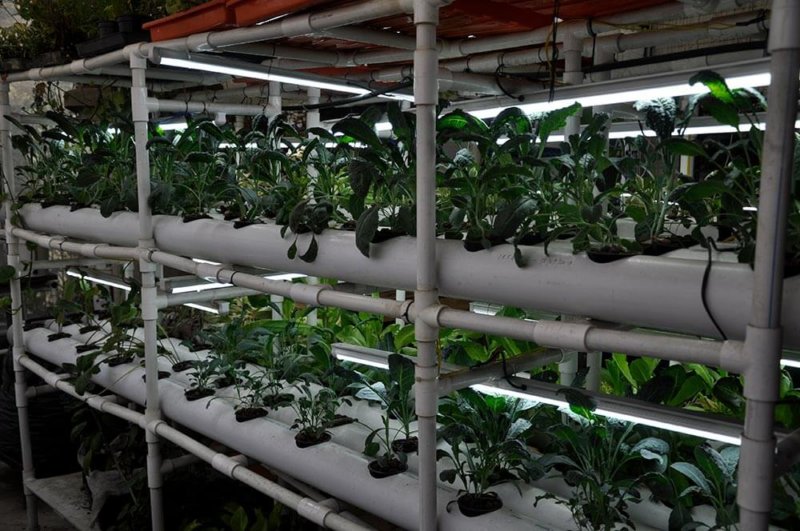PindFresh to Bring Urban Farming Revolution to India
Now, this is huge! Urban India is engaged in a true farming revolution: local organic food production from rooftop gardens to spaces between buildings and also indoor areas designated for farming.

The agritech startup Pindfresh is turning small plots or spaces between buildings or in buildings into usable farm space. From rooftop gardens to floors specifically designed to incorporate farming, to other spaces within high-rises filled with racks of perfectly lined leaf vegetables, it is striving to bring about a farming revolution in urban India.
Apart from selling in-house home systems (hydroponic and others) and fresh produce (lettuce, rocket, basil, and mushrooms), it also runs programmes to train people (in schools and societies). By using hydroponics, cocopeat gardening, and other soilless techniques, Pindfresh is attempting to educate urban dwellers to use a technology which takes less space, demands lesser water and is completely free from pathogens and biological contaminants.
The urban population in India, which stands at 377 million, is expected to reach 600 million by 2031, according to a new UN-backed report. The increasing nutritional requirements of this fast-growing urban population will pose a huge challenge in the coming years. Due to the ever-increasing urban population and decreasing rural population that used to tend to frame as a traditional occupation, India imported $906.3 million (INR 5,897 Cr) worth of fruit and vegetables in 2016-17, while the figure in 2014-15 was $832 Mn (INR 5,414 Cr). As a result, Indian consumers are becoming victims of processed food as there is a wide gap in the supply and demand chain.
The startup is attempting to make cities holistic in their requirements of food and vegetation. To that end, it is working towards creating systems by which people will actually eat the local and fresh produce – just as if the food is coming directly from the Pind. Essentially, they offer three services: creating and selling systems for home and commercial use; producing food using Pindfresh systems and selling it and holding workshops. The startup is grossing over a monetization strategy that involves making the vegetable saplings available for procurement by offices and houses. They have two types of customers: one who buys the plants to grow the vegetables themselves and those who only buy the vegetables. Pindfresh is also selling to wholesale markets.
Source: inc42.com

